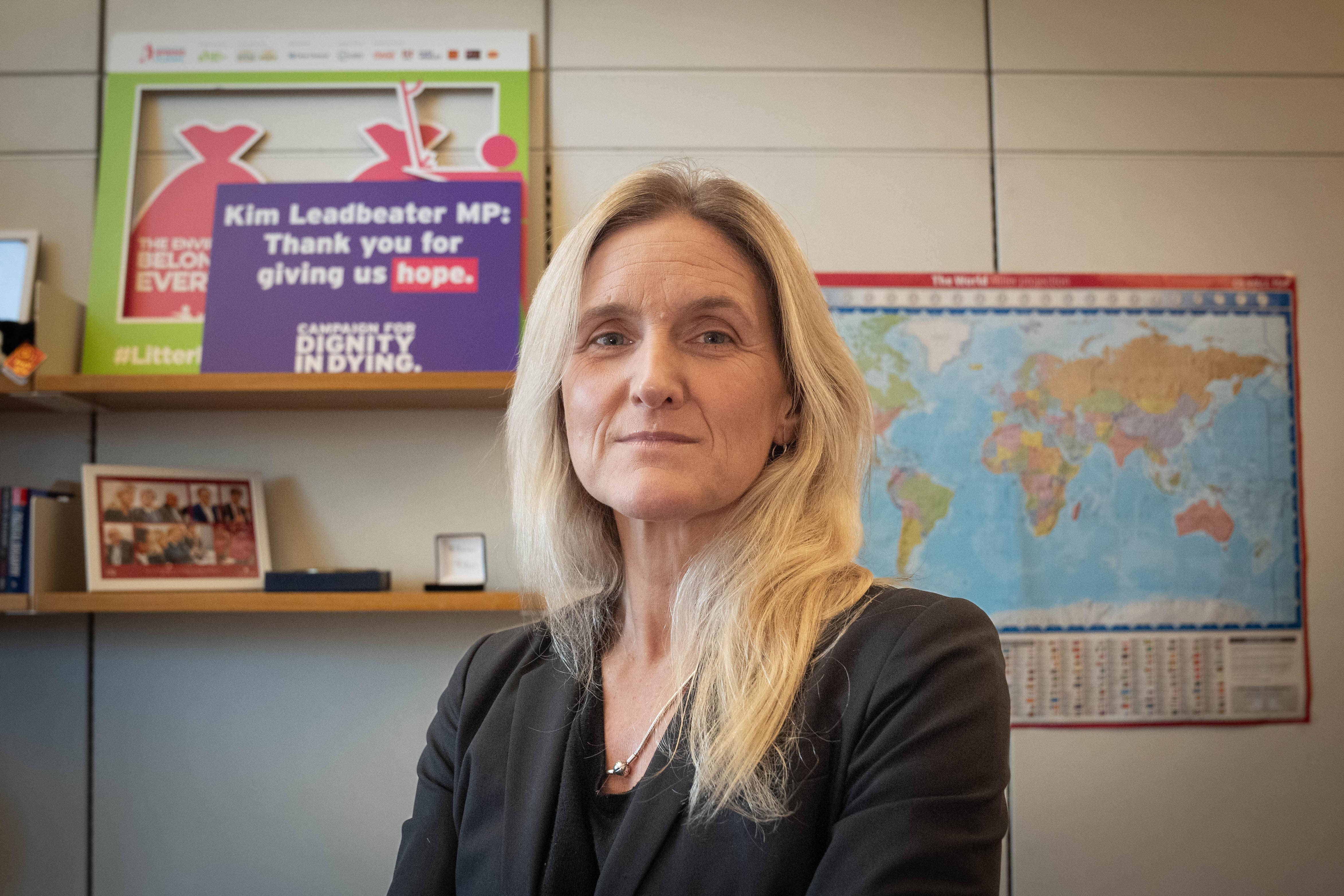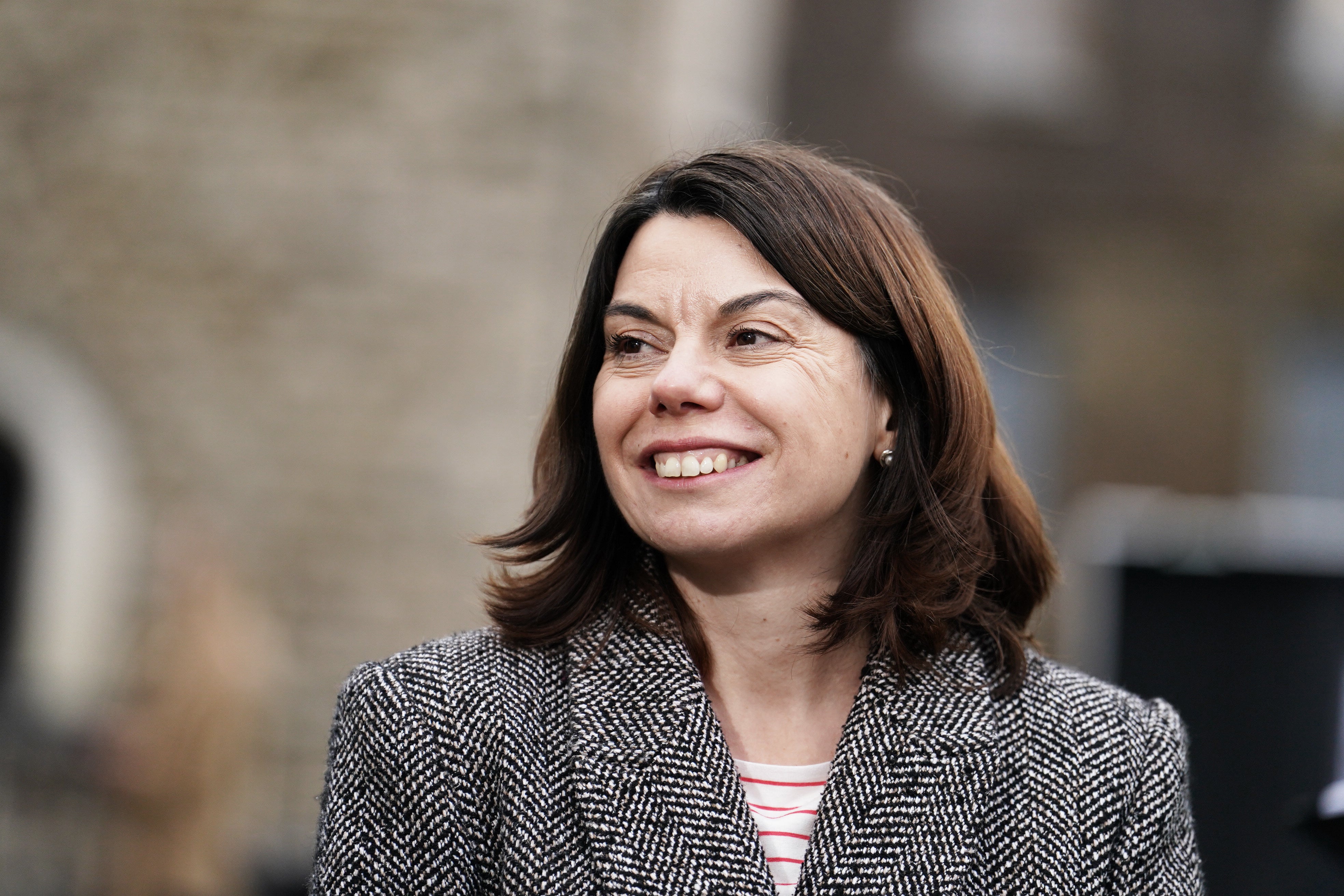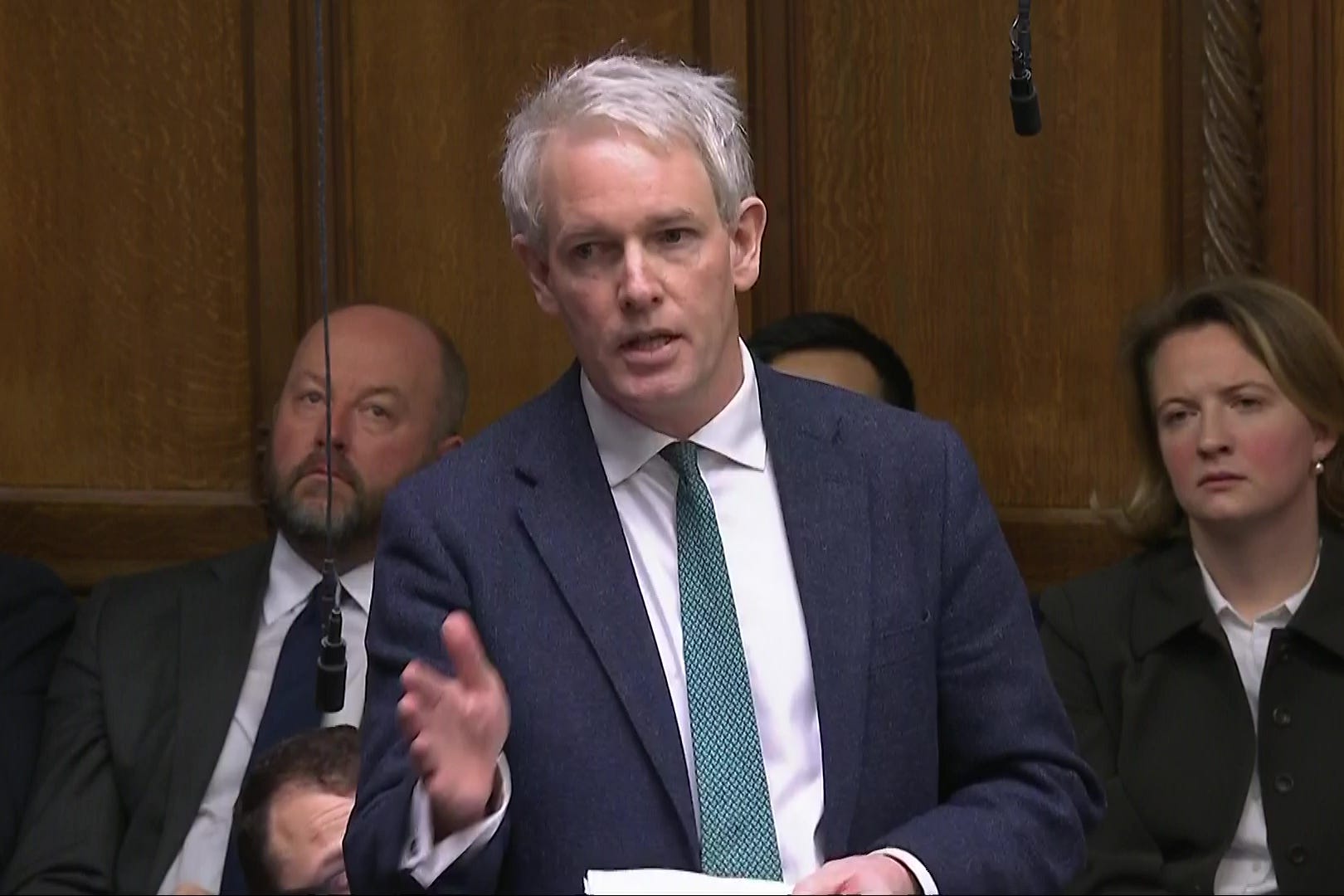MPs meet to scrutinise assisted dying bill for first time
The influential committee of MPs will hear from experts in evidence hearings at the end of January
The crucial committee which will scrutinise the assisted dying bill was told to be “civil and courteous” as members met for the first time ahead of expert evidence hearings at the end of January.
The 23-member committee has a majority of MPs who are supportive of assisted dying, including two government ministers Stephen Kinnock and Sarah Sackman.
The MPs, who will test the proposed legislation line by line, met on Tuesday to set out the timetable for the inquiry process.
The meeting started with a disagreement between parliamentarians over whether the session, which would consider the suitability of witnesses to future hearings, should take place in private. Committee chairman Sir Roger Gale had to remind MPs to be nice to each other as “we are going to spend quite a lot of time together”.
MPs then voted for the meeting to be held in private. The bill, which will support terminally ill adults to end their own lives, has received initial backing from MPs but still has some way to go before it becomes law.

A number of amendments to the bill have already been submitted for MPs to consider. These include additional safeguards against people with severe anorexia seeking help to end their lives, and a clause to stop illnesses that can be managed or controlled through treatment from being classed as terminal.
MPs have also suggested a change to the bill that would require the doctor who approves the assisted death to have undertaken training on domestic abuse, including coercive control and financial abuse.
A number of MPs have also proposed a timetable for evidence hearings to run from the end of January until 6 February. The proposal, brought by member of the committee Danny Kruger, suggests a number of experts; including Sir Max Hill, the former director of public prosecutions, Baroness Hale, the former president of the Supreme Court, and Sir James Munby, the former president of the family division of the High Court.
A number of doctors from the US, Australia and Canada have also been suggested as expert witnesses to the committee.

However Kim Leadbeater, the MP behind the historic bill, had proposed a different selection of witnesses, which Mr Kruger said he had serious concerns about.
He told Tuesday’s hearing that eight witnesses were proposed from abroad, but all of them were proponents of assisted dying, likewise there were no lawyers proposed as witnesses who are against the bill. “There is nobody from deaf or disabled people’s organisations”, Mr Kruger added.
Kim Leadbeater, the MP behind the historic bill, has said she is “very open” to hearing how safeguards can be strengthened. She said some 40 people have been invited to give evidence to the committee.
She said this was “unprecedented for a private member’s bill and goes beyond what might typically happen with a government bill of a similar length”.
Liberal Democrat MP Sarah Olney, who sits on the committee, said she will look to close a potential loophole in the bill that might allow people with severe eating disorders to end their lives.
The Royal College of Psychiatrists has raised concerns the wording of the bill could cover anorexia, saying: “Its effects in severe cases could be deemed by some as a terminal physical illness, even though eating disorders are treatable conditions and recovery is possible even after decades of illness.”

Ms Olney claimed her amendment, which would replace an assessment of capacity with a test of ability, would safeguard those suffering from anorexia. She said: “My amendment would replace capacity with a functional test of ability and it will ensure that only those who can fully understand the nature of their decision can choose an assisted death. This key safeguard will, for example, protect those suffering from eating disorders.”
The committee is made up of 14 MPs who voted in favour of the bill and nine who voted against it.
The Independent revealed medically qualified MPs who opposed assisted dying were among those rejected for inclusion on the crucial committee.
These included qualified psychiatrist Dr Ben Spencer, meaning the three medically qualified MPs on the committee are all supportive of assisted dying.
Join our commenting forum
Join thought-provoking conversations, follow other Independent readers and see their replies
Comments